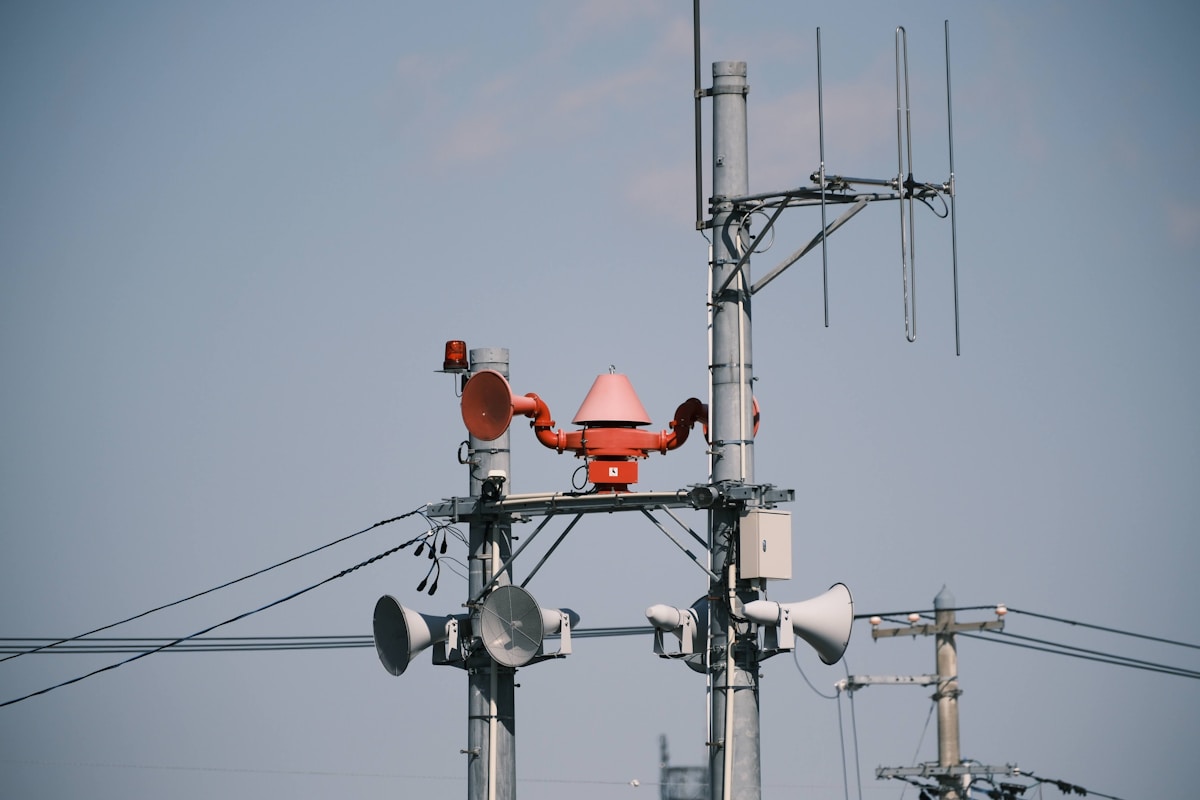At 11:00 a.m. today, Germany’s Federal Office of Civil Protection and Disaster Assistance (BBK) will conduct its fifth nationwide warning day. For the first time, the exercise includes a test of a new alert technology known as Automatic Safety Alert (ASA).
Unlike mobile alerts or internet-based systems, ASA-enabled devices can receive a signal even if mobile networks or online connections fail.
When a warning is broadcast, ASA-certified DAB+ radios automatically switch on from standby mode to deliver the alert. The first such devices have been available in German stores since August.
The test is coordinated by the AG Netze (Networks Working Group), which brings together Digitalradio Deutschland, ARD, Deutschlandradio, device manufacturers, private broadcasters, and the BBK.
A trial warning will be transmitted to a selection of ASA-capable DAB+ receivers to measure performance.
Multiple warning channels under scrutiny
As in previous years, the warning day involves a combination of alert systems:
- Cell Broadcast messages sent to compatible smartphones
- Sirens operated by municipalities
- Warning apps such as NINA and KATWARN
- Radio and TV messages via the MoWaS system
Sirens remain a weak link in Germany’s warning infrastructure. In 2021, the federal government launched an €88 million funding program to expand coverage, followed by a second, ongoing scheme in 2023.
However, BBK publications acknowledge that a nationwide, fully functional siren network will not be available before 2029, citing limited financial resources and staff shortages in planning, manufacturing, and installation.
The challenge of power outages
A further issue is resilience during blackouts. Around 60% of Germany’s 40,000 registered sirens are electromechanical and depend on external power.
As the federal government recently confirmed in response to a parliamentary question from Green MP Leon Eckert, these sirens are non-functional during power outages.
The long-term goal is to replace them with electronic sirens capable of operating independently.
The estimated cost of replacing all known electromechanical sirens is around €500 million, a sum to be shared between federal and state budgets.
Nationwide warning day in Germany
Today’s nationwide drill is not only a test for citizens but also a trial run for ASA, the newest addition to Germany’s multi-channel warning system.
While smartphones and sirens remain central tools, ASA offers a fallback option when digital networks fail.
Still, the challenge of modernizing siren infrastructure—and ensuring resilience in case of widespread power outages—remains a critical task for the years ahead.









